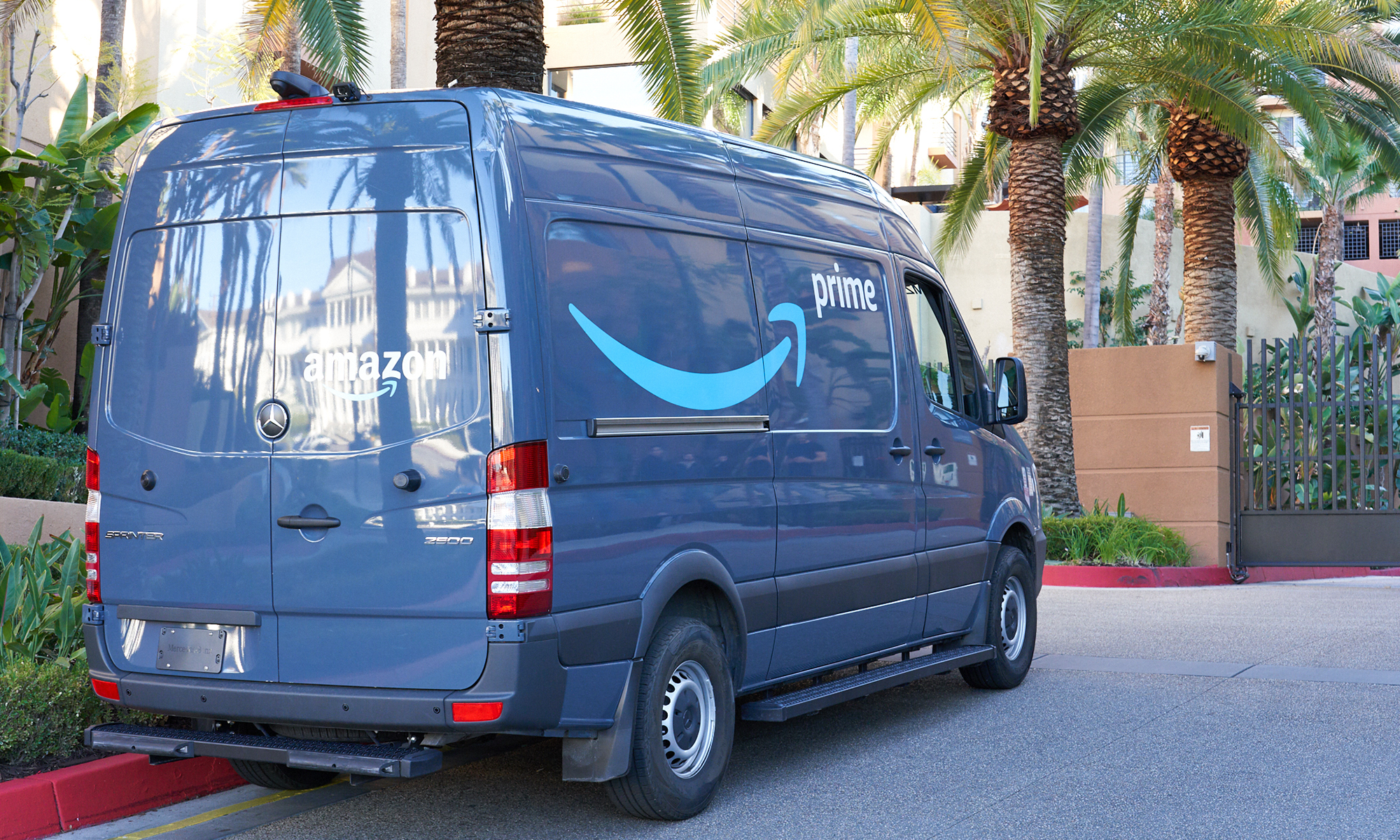The competition has been turning up the heat on Amazon (AMZN 0.85%) in India as more companies try to make a dent in that lucrative e-commerce market.
The India Brand Equity Foundation estimates that the Indian e-commerce market could be worth $200 billion by 2026. Amazon is now in a solid position to take advantage of this multibillion-dollar opportunity thanks to a 31%-plus market share, but the market is getting increasingly crowded with new players coming in. What's even more alarming for Amazon is that the freshly minted competition is turning out to be well prepared for the challenge, and is scaling up quickly.
The rapid growth of Reliance Retail's JioMart e-commerce venture in India has already shown that Amazon is going to have a tough battle on its hands against upstarts that already enjoy strong offline presences. And now the American giant will have to contend with another player, one that's just begun rolling out its e-commerce venture but already has a wide network of stores across India.

Image source: Getty Images.
Meet Amazon's new threat in India
Owned and operated by Avenue Supermarts, DMart is a hypermarket chain in India that's slowly but steadily adopting e-commerce. Neville Noronha, the CEO of Avenue Supermarts, recently said that the company is rolling out its e-commerce venture -- DMart Ready -- in a controlled manner, while also expanding its brick-and-mortar locations.
DMart has chosen the fast-growing online grocery market to mark its entry into the e-commerce space. The company has rolled out DMart Ready across five Indian cities so far, which admittedly pales in comparison to Amazon's Pantry service, which is currently operational in 300 cities. But don't be surprised if DMart's expansion starts picking up speed: The first DMart location was launched in 2002 in India's financial capital of Mumbai, and the company now has 216 locations spread across 11 states of India, with each supermarket covering an area of 34,000 square feet on average.
The company is now focused on expanding its footprint into more markets, as DMart's locations are currently concentrated in the western and southern parts of India. What's more, the company is also bumping up its store size. The new supermarkets that it is looking to deploy in the national capital region of Delhi are said to be 67,000 square feet on average. That's because DMart is reportedly setting aside space for its e-commerce venture within its brick-and-mortar locations, which could potentially be used as delivery or pick-up centers.
Additionally, DMart has been streamlining its store operations to support the e-commerce venture. The company recently shut two of its stores in the city of Mumbai and converted them into e-commerce fulfillment centers. DMart made this move because both locations had alternate stores within just three miles.
So it shouldn't be very difficult for DMart to expand its e-commerce infrastructure rapidly across the country given its existing footprint. DMart has built a reputation for selling budget, no-frill items over the years thanks to its focus on cost control and a strong procurement ability. The strategy has worked well for the company, helping it turn record profits each year since its inception, and it could look to replicate the same approach in the online channel at a time when India is going through economic turmoil.
Amazon doesn't have to worry just yet, but...
Amazon is way ahead of DMart in India's e-commerce space, but the latter seems to have charted out a smart strategy to grow its online operations quickly.
DMart is starting off in e-commerce by targeting the online grocery market in India, which is expected to clock 18-times-over growth in the next five years, hitting a gross merchandise value of $37 billion by 2025, according to Goldman Sachs. That approach could be smart, as the company's offerings at its physical stores include grocery and staples, daily essentials, dairy and frozen items, and fruits and vegetables, among others. DMart also offers other categories such as apparel, home appliances, toys, and personal care items, so the next logical step for DMart would be to expand the selection of products available on its online channel.
That's why Amazon shouldn't be complacent. JioMart has already shown us that Amazon can be beaten in the online grocery space. The arrival of yet another potential competitor in the form of DMart would complicate things further for the American giant. That's something investors won't like to see, as Amazon has been doing well in India so far.
Amazon's online marketplace unit revenue in India in fiscal 2020 (which ended in March 2020) was up 43% year over year to $1.48 billion (at the current exchange rate). However, its losses widened year over year as the company poured more money into that market. New rivals such as DMart could keep Amazon on its toes, and force it to make more investments to keep growing in the lucrative Indian e-commerce market.





